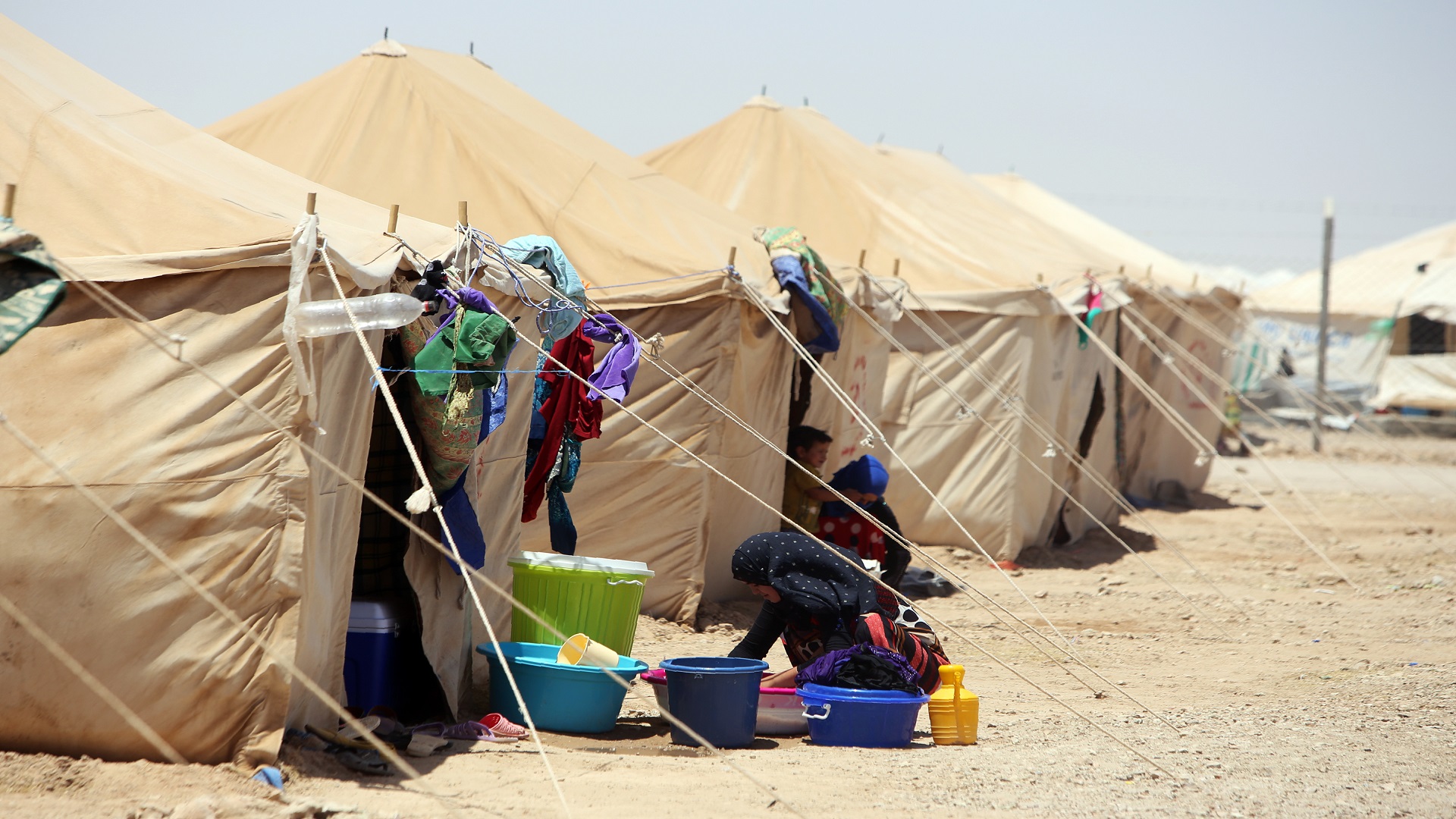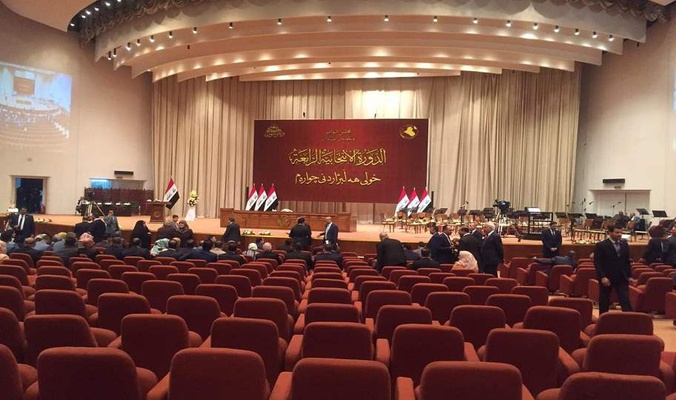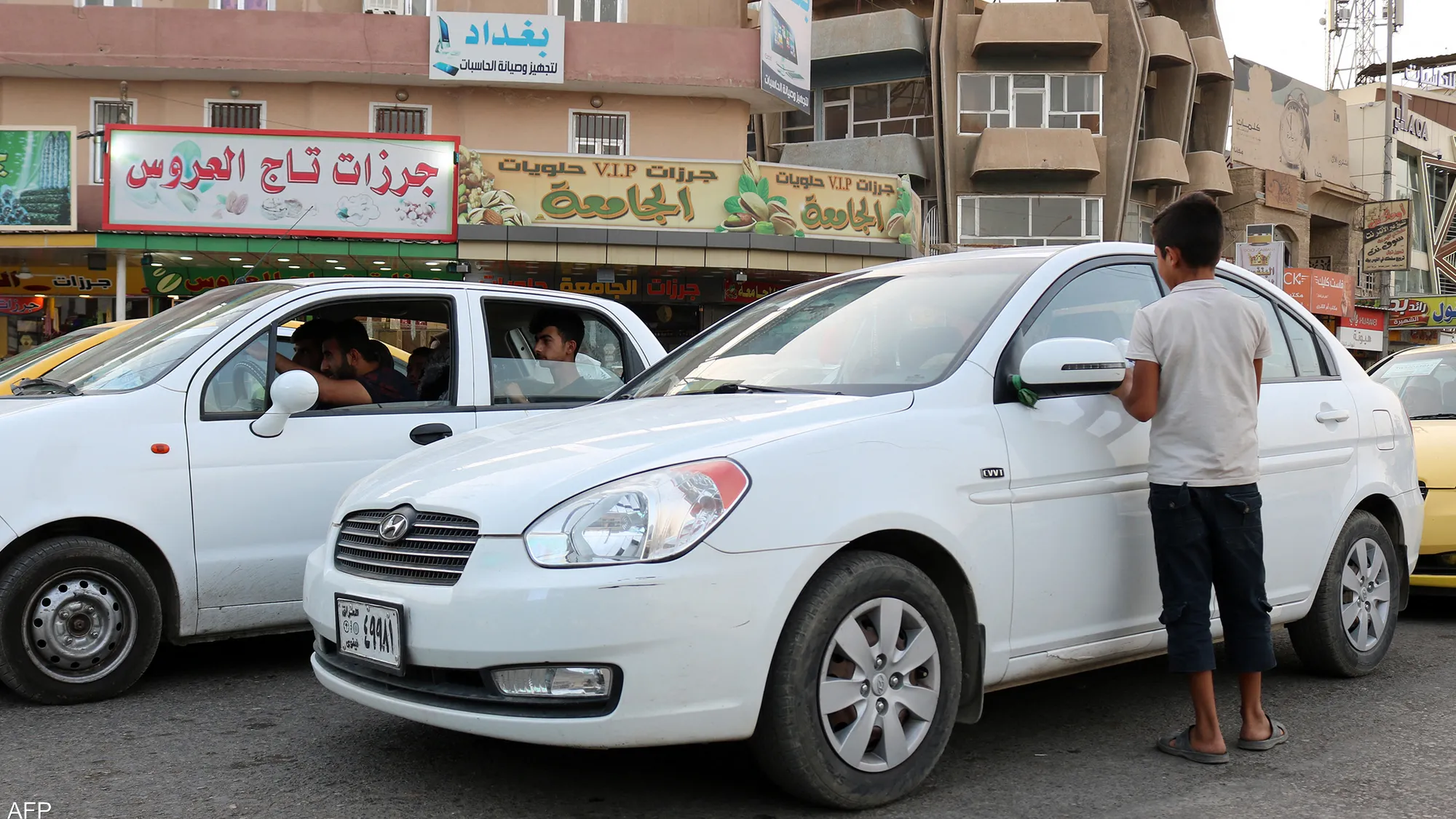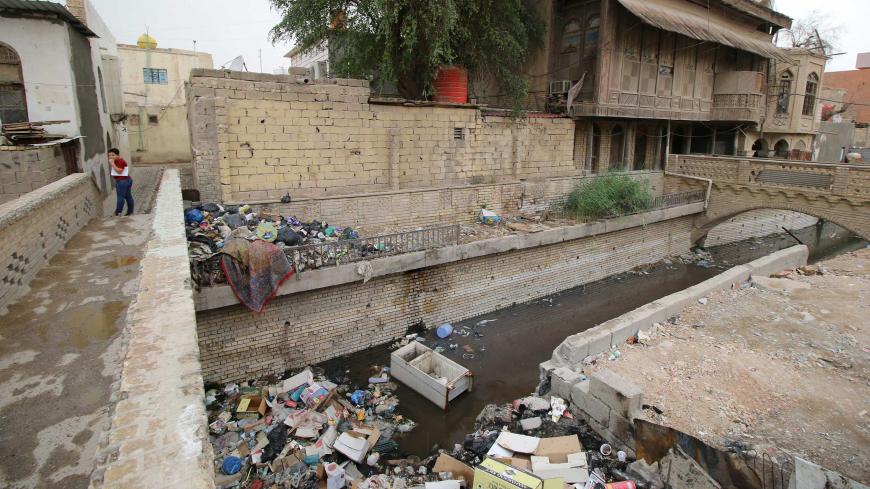The Iraqi Observatory for Human Rights said, “The humanitarian situation in the camps of Amiriyat Fallujah threatens the lives of children and the elderly, in the absence of aid and access to medicines and food often.”
The observatory added, “More than 3,700 displaced families are still in Amiriyat camp near Amiriyat Fallujah, southeast of Anbar province, suffering from hard conditions due to the high severity of cold, in coincide with the continuous decrease in temperature and poor humanitarian assistance provided by the government and humanitarian organizations.”
The assistant of the camp's director, Barzan al-Issawi, said, “Tents of the displaced people need to be replaced, because the tent is valid for six months according to the international standards, and the majority of displaced people's tents have been consumed more than two years after they were used.”, “adding” “Electricity in the camp is almost non-existent despite the need for displaced people, especially since the local government in the province is providing the displaced with white oil only at the present time, which is insufficient to meet the need.”
Al-Essawi pointed out, “The displaced people need beds and blankets to protect themselves from the cold, as well as enhance of generators. This is what the Ministry of Displacement and Migration has called for, but we have not received them so far.”
The Iraqi Observatory for Human Rights said, "Many complaints received from displaced people in the camp indicate the lack of services and shortage in aid. These complaints focused on the food and health needs of children, which affected the children's health.”
During a visit of the monitoring media to the camp, a group of displaced people said, “There is aid arriving to the camp, but it does not distribute correctly and fairly among all. Some families get half of the aid, some of them get a quarter of the aid, and other families get full aids. This is injustice, unfairness and discrimination.”
The group said, “Aid is basically not enough to meet our needs, so how if reach us with a shortage or damaged materials? We suffer from displacement and mistreatment in the distribution of aid and discrimination among camp residents. Some camp administrations are unfair and do not care about our tragedies.”
"The food distributed by the local organizations is not enough to meet the need," said Ismail Odeh, a resident of the camp, in an interview with the Iraqi Observatory for Human Rights. The share of oil is not enough as the cold waves increase, Most of the displaced use firewood to set the fire for warmth.”, “adding”, “The blankets are not enough. We need more blankets, especially for children, because they do not have the ability to resist the cold that reaches the top degrees and the fear of being infected by the cold.”
Odeh added, “We are supplied with electric power for a few times and during the day only, and all this forces us to collect firewood and set fire to heat until the end of winter."
The Iraqi Observatory for Human Rights said, “The majority of IDP camps in Anbar, Ninewa and Salahuddin governorates have been suffering from shortage of food and warm materials since entry of Daesh organizations in these governorates, as well as the recording of morbidity and psychological conditions in the camps, despite of return of many displaced people to their homes after the liberation of their cities.”
Salam Khaled, a civilian activist, said, “The fuel ration that is distributed to the families is not enough in coinciding with the low temperatures, so they resort to fire with the wood they collect from some nearby trees for heating and fire in the tents may lead to many risks, including burning or suffocation.”
Khaled added, “The majority of displaced people are afraid to return to their homes, because of tribal disputes and actions, especially those who have relatives who joined the Daesh organization. However, the local government in Anbar has put a mechanism to ensure a safe return to those who are involved, those who have provided an official acquittal before the competent courts from their relatives involved in belonging to Daesh. Those who are involved should bring ten people from the area to welcome their return and guarantee of tribe’s Shaikh, in case of confirmation they have to pay money, and security confirmation from the military intelligence supports the safety of their security situation, and this is what has already happened.
The Iraqi Observatory for Human Rights said, “The Iraqi government to take into account the reality of the camps, and tighten control over its departments and the distribution of food and health aid. Many families complained about the lack of aid.”
"The Iraqi Ministry of migration and Displacement should take note of what is going on in the camps and intensify the work of its teams. It is not reasonable for the camps to remain under the full control of security men or persons belonging to parties.




